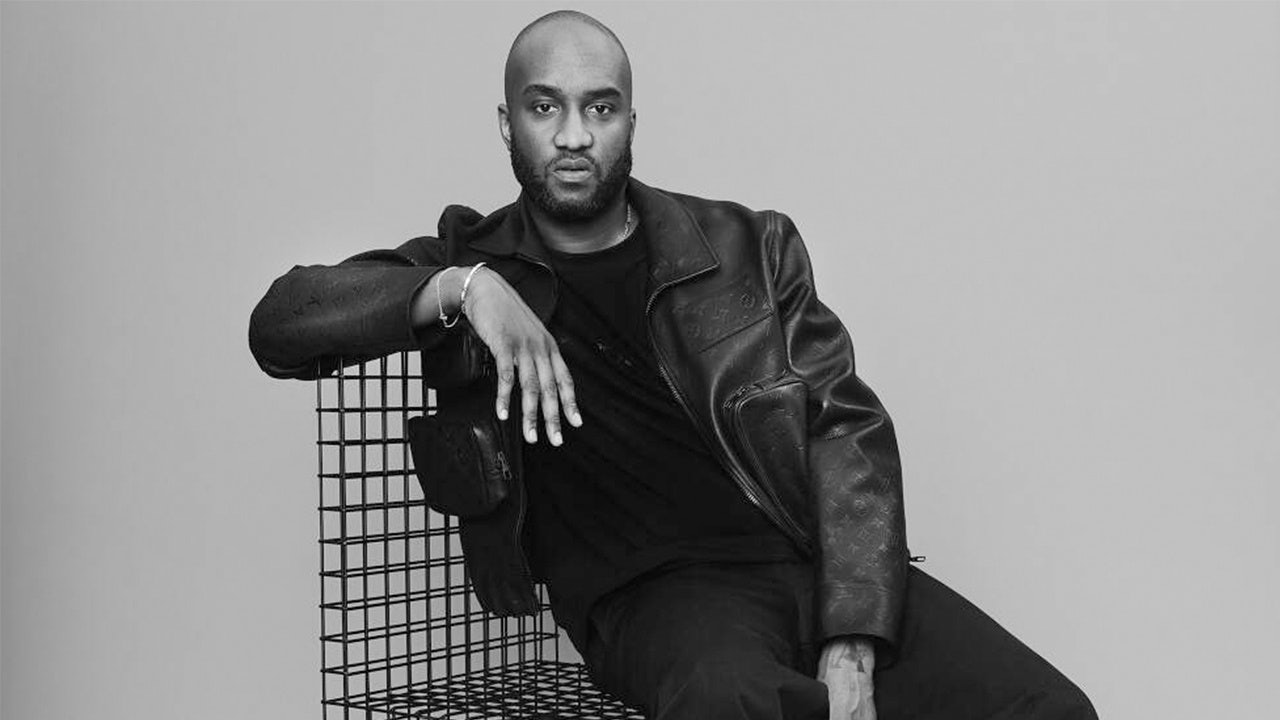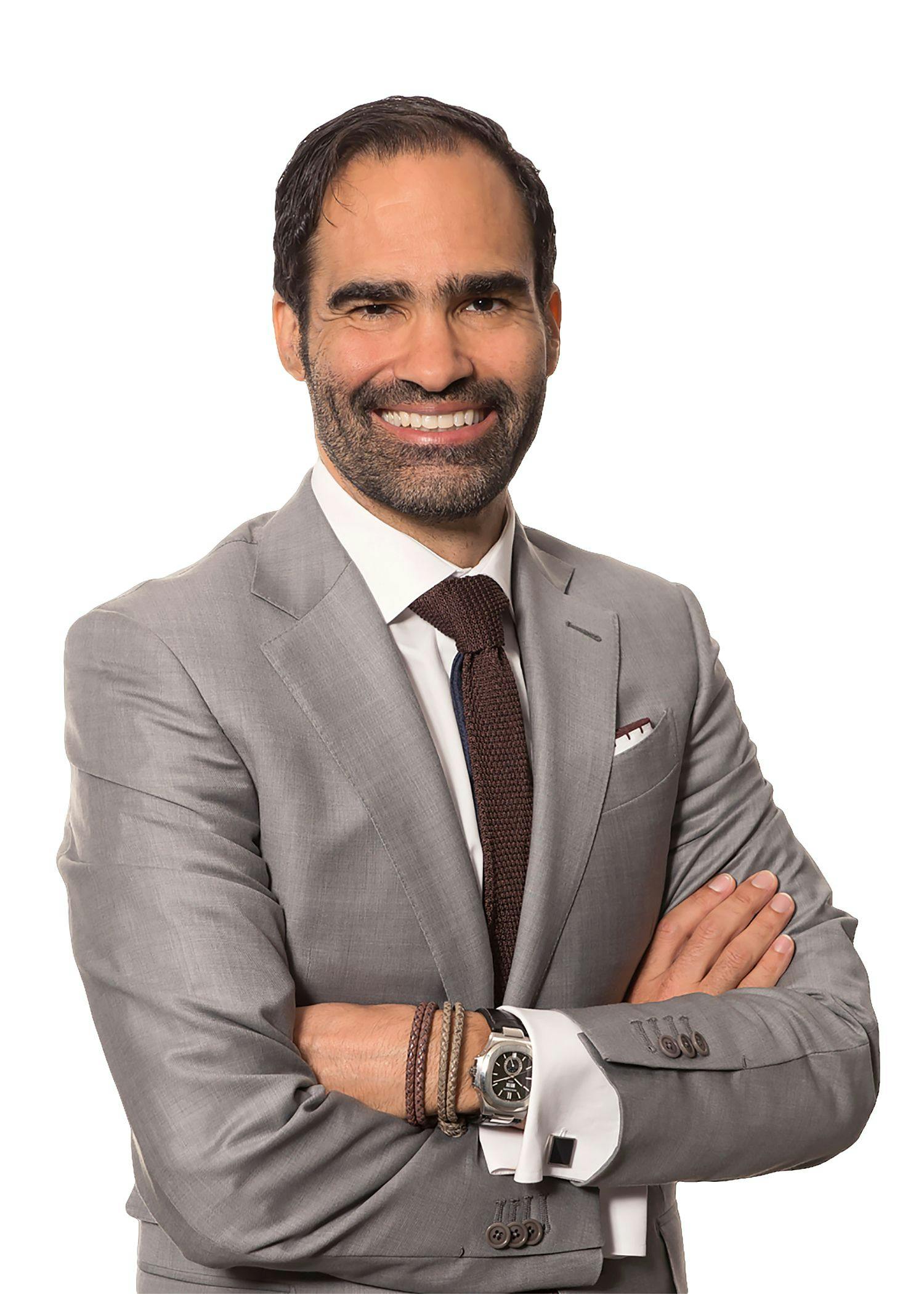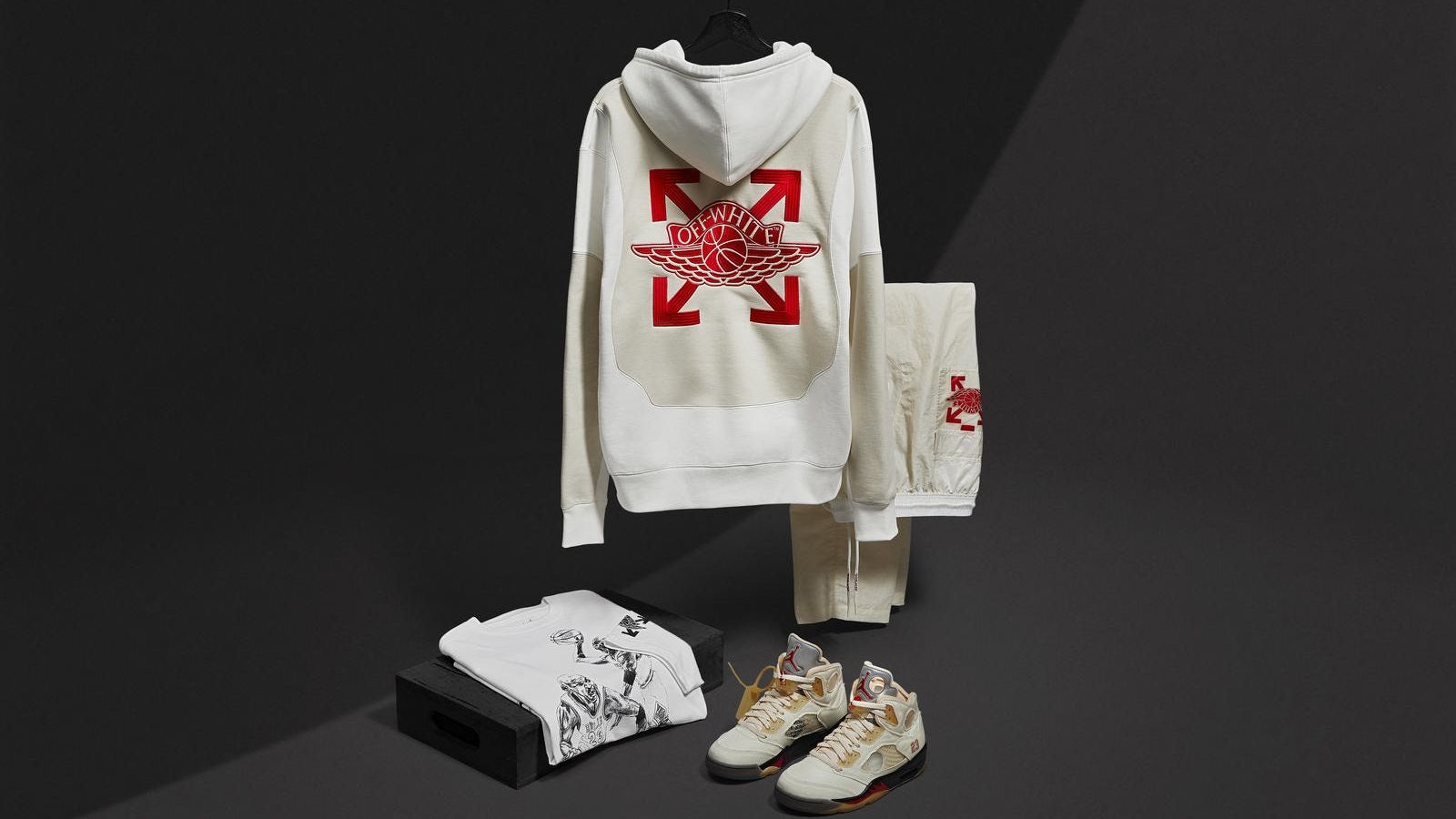Key Takeaways:#
In many interviews, Abloh stated that he is designing for his former 17-year-old self. By doing so, he created some of the most relevant pieces for Generation Z.
Bernard Arnault and Michael Burke understood that to extend the leadership of Louis Vuitton and connect it with Gen Zers, it had to hire a personality like Abloh, who could translate the brand's historic codes into today's styles.
While most designers would be more than happy to work for Louis Vuitton, Abloh’s ambitions were much larger, and he saw opportunities that others did not.
When the announcement of the death of Virgil Abloh at 41 from a rare and aggressive form of cancer came out, the luxury and fashion world was shocked. Celebrities, fashion designers, musicians, and friends gave their condolences. Kayne West, Marc Jacobs, Pharrell Williams, BTS, Lenny Kravitz, and Hailey Bieber all gave emotional statements. Gigi Hadid wrote, “He was 1 of 1,” and Kourtney Kardashian posted, “you changed the world.” The chairman and chief executive officer of LVMH, Bernard Arnault, wrote in a statement, “We are all shocked after this terrible news. Virgil was not only a genius designer, a visionary, he was also a man with a beautiful soul and great wisdom.”
These statements show what Virgil Abloh meant to the luxury and fashion industry, not just as a highly acclaimed creative and designer but also as a person. It is safe to say that he was the most influential creative director of the last decade, redefining much of the codes and expressions of luxury.
The story of Abloh’s ascent to the top of the world’s number one luxury brand, Louis Vuitton, from an internship with Kayne West at Fendi has become the stuff of legends. That was where Michael Burke, then the CEO of the fashion brand and now the CEO of Louis Vuitton, discovered his talent early. But Abloh was also instrumental in the career of Kayne West as the creative director of West’s Donda creative agency, and he founded Off-White — the disruptive and highly-influential brand that made luxury streetwear fashionable and created new visual codes for an entire generation.
In many interviews, Abloh stated that he is designing for his former 17-year-old self. By doing so, he created some of the most relevant pieces for Generation Z, positioning Off-White as a trailblazer for this critical consumer group that so many traditional luxury brands are unable to reach. When LVMH appointed Abloh as artistic director for Louis Vuitton’s men’s collection, he was the first black designer at the top of a global luxury brand. He was an American from Illinois whose family was from Ghana, and he defined the presence and future of the symbol of French luxury.
Bernard Arnault and Michael Burke understood that to extend the leadership of Louis Vuitton and connect it with Gen Zers, they had to hire a personality like Abloh, who could translate the brand's historic codes into today's styles. While many brands have failed to transition to a new generation, Louis Vuitton fired from all cylinders once Abloh joined. His collections became acclaimed, and Louis Vuitton was soon one of the most inspiring and influential luxury brands out there. It wasn't afraid to take risks, reinvent icons like its classic trunks, or launch entirely new categories like earphones or loudspeakers.
While most designers would be more than happy to work for Louis Vuitton, Abloh’s ambitions were much larger, and he saw opportunities that others did not. Designers like Abloh, who can translate a traditional luxury to a FOMO-inducing must-have without sacrificing the fundamentals of the brand, are extremely rare. Combining an understanding of the brand, the consumers, and the zeitgeist with disruptive elements the world has not yet seen, is indeed an exceptional talent. As such, “1 of 1” is a precise description of how unique Abloh was in the fashion industry. That was confirmed by the larger role LVMH created for him, tapping Abloh to oversee the artistic development of all 75 of the company's Maisons.
His are enormous shoes that will be hard to fill. As the luxury world transitions into a fluidity between digital and physical experiences, streetwear and formal wear, and functional and inspirational objects of desire, Abloh's exceptional talent will be difficult to replace.
Whoever follows Abloh can learn from how he excelled in understanding what Gen Z wants, taking bold risks, and innovating without losing the brand's fundamental DNA. Abloh played to win, which is a lesson for the luxury industry at large — make your mark and be relevant and inspiring. Thank you, Virgil Abloh. You were an inspiration who wrote history. You will be missed.
Daniel Langer is CEO of the luxury, lifestyle and consumer brand strategy firm Équité, and the executive professor of luxury strategy and extreme value creation at Pepperdine University in Malibu, California. He consults some of the leading luxury brands in the world, is the author of several luxury management books, a global keynote speaker, and holds luxury masterclasses in Europe, the USA, and Asia. Follow @drlanger


